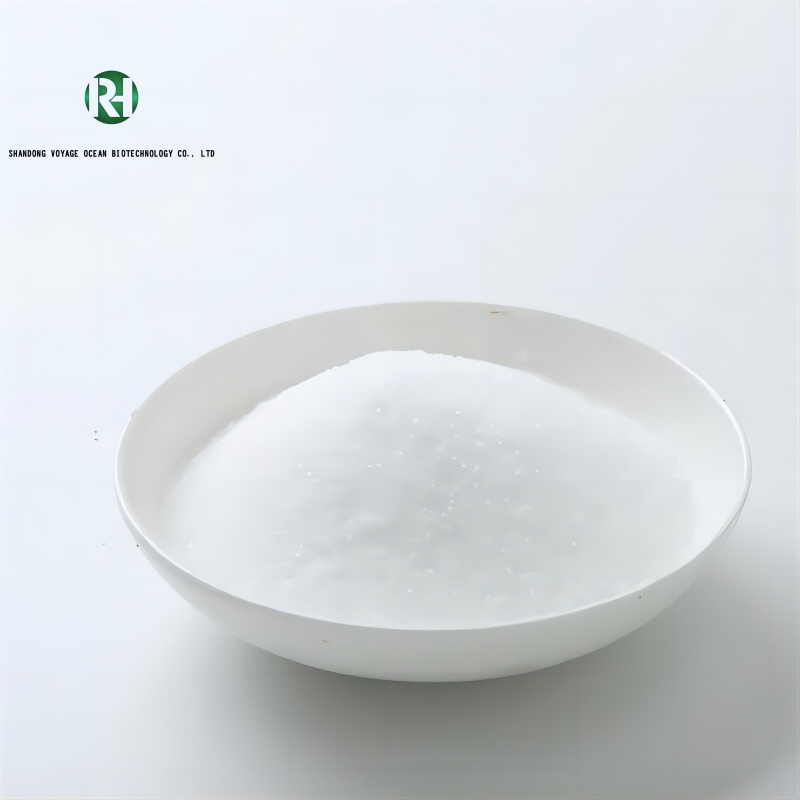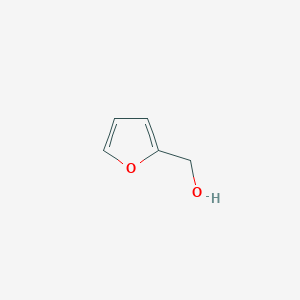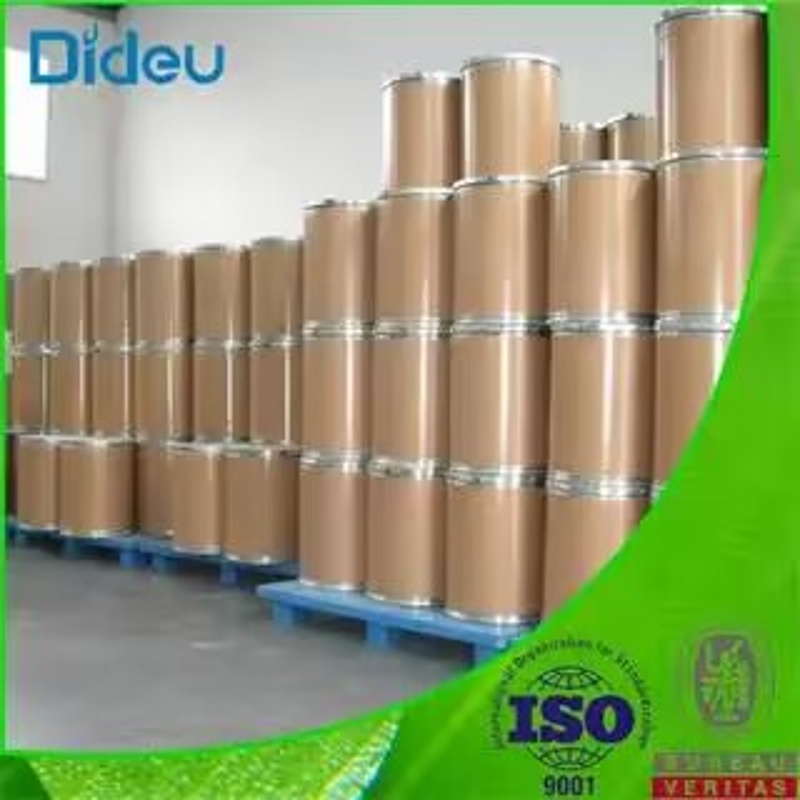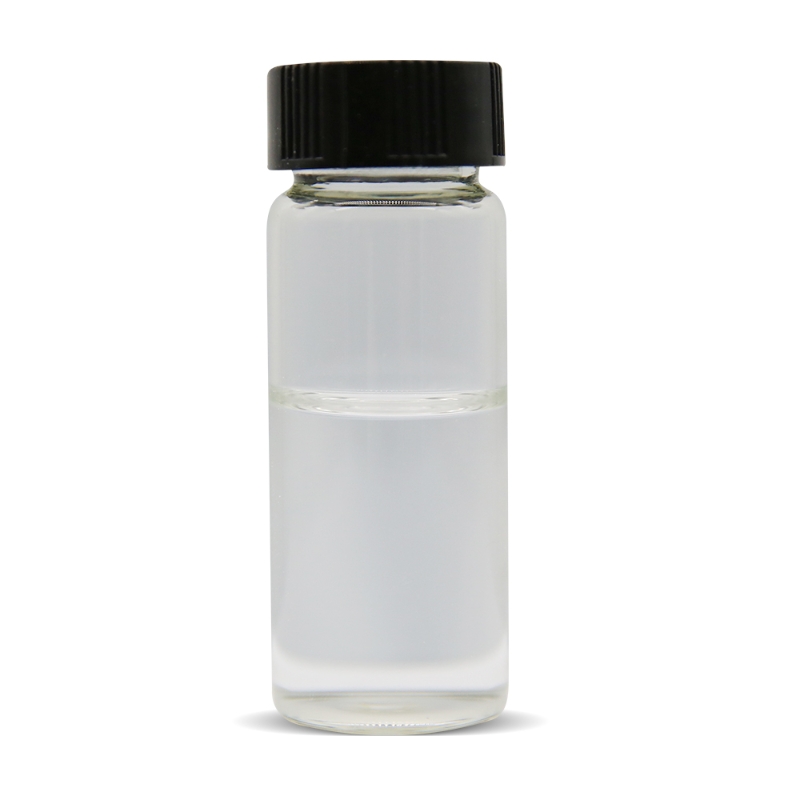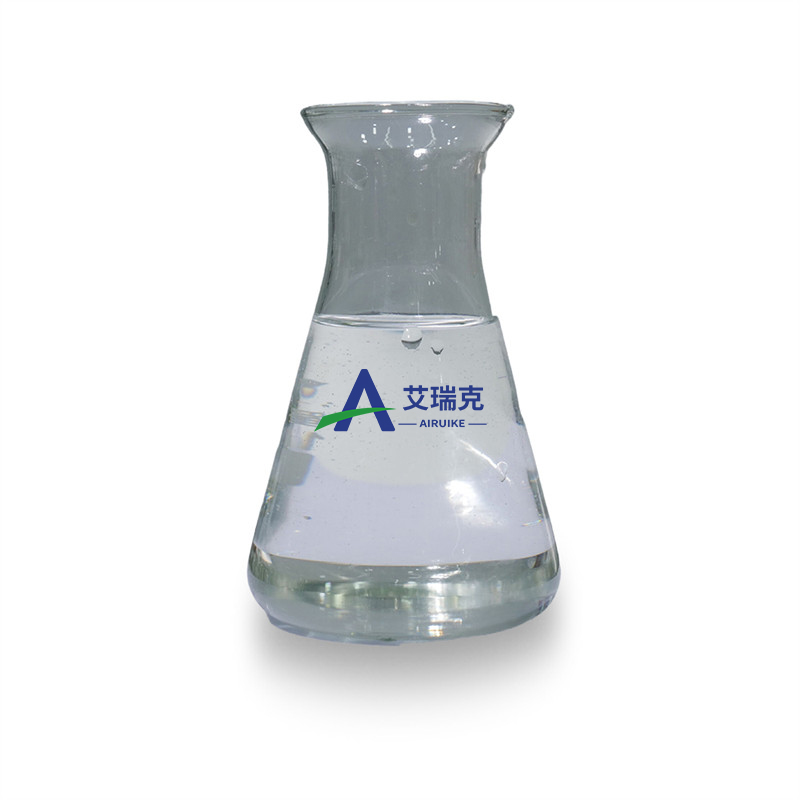Catalyst and Auxiliary
- • Antioxidants (109)
- • UV Absorbers (92)
- • Polyethylene Glycol Derivatives (66)
- • Fluorescent Brightener (62)
- • Plastic Rubber Chemicals (89)
- • Polymer (464)
- • Precious Metal Catalysts (239)
- • Coupling Agent (8)
- • Zeolite (5)
- • Flame Retardants (10)
- • Petrochemical (22)
Related News
-
Gulbrandsen to Increase PE Wax Capacity and Build New Polymer Plant in India
2025-03-25 -
Shell begins operations at polymers plant in Pennsylvania
2022-11-24 -
How are polymers broken down and its uses
2022-09-28 -
What Reaction Is Used To Break Down Polymers?
2022-08-22 -
Cut Off The 'Gas' Warning! Chemical Giants Such As BASF And Covestro Speak Out Urgently!
2022-04-28 -
What Type of Reaction Links Monomers to Make Polymers and Its Uses
2022-03-16
Potassium polyacrylate
(25608-12-2)-
Food Grade / 99%
-
Industrial Grade / 99%
-
Industrial Grade / 99%
-
- / 0.00%
1-Propene, homopolymer, chlorinated
(68442-33-1)-
Industrial Grade / 99%
-
- / 99%
-
Industrial Grade / 99.99%
-
Industrial Grade / 99%
Request for quotation , get quotes from more suppliers.
Poly(tetrahydrofuran)
(24979-97-3)-
Industrial Grade / 99.5%
-
![POLYTETRAHYDROFURAN CAS NO 24979-97-3 buy POLYTETRAHYDROFURAN CAS NO 24979-97-3]()
Industrial Grade, Feed Grade, Food Grade, Pharma Grade / 99%
$11.11/KG EXW
-
![POLYTETRAHYDROFURAN buy POLYTETRAHYDROFURAN]()
-
![POLYTETRAHYDROFURAN buy POLYTETRAHYDROFURAN]()
Industrial Grade / 99%
Poly(furfuryl alcohol)
(25212-86-6)-
- / 99.00%
-
Industrial Grade / 88%
-
Industrial Grade / 88%
-
![FURFURYL ALCOHOL RESIN CAS NO 25212-86-6 buy FURFURYL ALCOHOL RESIN CAS NO 25212-86-6]()
Industrial Grade, Feed Grade, Food Grade, Pharma Grade / 99%
$11.11/KG EXW
Request for quotation , get quotes from more suppliers.
-
National Grade / 99%
-
- / 99.00%
-
Industrial Grade / 99%
-
Industrial Grade / -
Request for quotation , get quotes from more suppliers.
-
- / 50%
-
Industrial Grade / 100%
-
-
Pharmacy Grade / 99%
Request for quotation , get quotes from more suppliers.
Methyl-1,4-benzoquinone
(553-97-9)-
Industrial Grade / 99%
-
- / 99.00%
-
![p-Toluquinone buy p-Toluquinone]()
Industrial Grade / 99%
-
![p-Toluquinone buy p-Toluquinone]()
Request for quotation , get quotes from more suppliers.
Bis(2-chloroethyl) ether-1,3-bis[3-(dimethylamino)propyl]urea copolymer
(68555-36-2)-
- / 99.00%
-
API Grade / 98%
-
-
industrial Grade / 98%
Request for quotation , get quotes from more suppliers.
Resin acids, esters with glycerol
(8050-31-5)-
Industrial Grade / 99%
-
- / 99.00%
-
Industrial Grade / 100%
-
Request for quotation , get quotes from more suppliers.
-
-
-
Pharmacy Grade / 0%
-
Industrial Grade / 99%
Request for quotation , get quotes from more suppliers.
More Information
Polymers are large macromolecules formed from the combination of monomers which are small molecules. These materials are characterized by their high tensile strength, flexibility and chemical resistance and find wide application. Polymer clay is one of the types of synthetic polymers which have found its use in arts and crafts because of its flexibility and strength. Polymers are applied in several commodities and industries and may range from the simplest consumer products to the most complex industrial applications.
Polymers have several benefits and one of the biggest is that they are versatile. To this end, manufacturers can modify the chemical composition of polymers to meet certain property standards such as increasing tensile strength or increasing thermal stability. This flexibility in modification makes polymers ideal to be used in the manufacturing of anything from lightweight packaging materials to high-performance construction components.
Applications of polymers:
Auto parts for weight loss as well as fuel economy.
Prosthetics and implants which are medical devices.
Electrical components because of their capability to insulate.
Lightweight but strong and sturdy packaging material.
Polymer clay for decorative purposes and other purposes such as crafts.
Construction materials for strength and elasticity.















